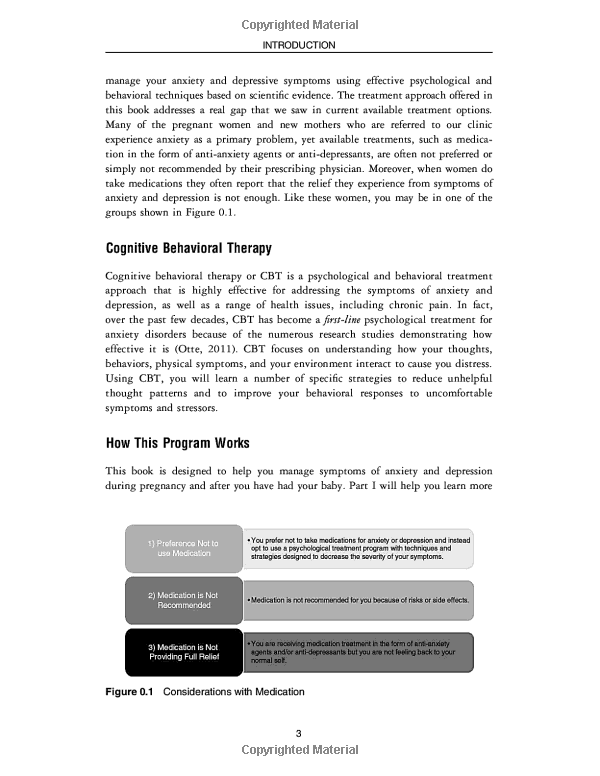The Impact of Mandatory Vacations on Employee Well-Being and Productivity
#### Understanding Mandatory VacationsMandatory vacations refer to the enforced time off that employers require their employees to take, typically to promot……
#### Understanding Mandatory Vacations
Mandatory vacations refer to the enforced time off that employers require their employees to take, typically to promote work-life balance and prevent burnout. This practice is becoming increasingly popular as companies recognize the importance of mental health and overall employee satisfaction. By mandating time off, organizations aim to ensure that employees step away from their daily responsibilities, recharge, and return to work with renewed energy and focus.
#### The Benefits of Mandatory Vacations
Implementing mandatory vacations can lead to numerous benefits for both employees and employers. Firstly, it helps combat burnout, a common issue in high-pressure work environments. When employees are forced to take time off, they are less likely to experience chronic stress, which can lead to decreased productivity and increased absenteeism.
Moreover, mandatory vacations can improve employee morale. When workers know that their employer values their well-being and encourages them to take breaks, they are likely to feel more appreciated and motivated. This positive sentiment can translate into higher levels of engagement and loyalty to the company.

Additionally, businesses can benefit from mandatory vacations through enhanced productivity. Research shows that well-rested employees tend to be more efficient and creative in their roles. By requiring time off, companies can help ensure that their workforce is functioning at its best, ultimately leading to improved performance and results.
#### Challenges of Implementing Mandatory Vacations
While the advantages of mandatory vacations are clear, there are also challenges that organizations may face when implementing this policy. One significant concern is the potential disruption to workflow. In industries where deadlines are tight or staffing is limited, requiring employees to take time off could lead to project delays or increased pressure on remaining team members.
Another challenge is the potential for resentment among employees who feel that mandatory vacations infringe on their personal choices. Some individuals may prefer to work through their vacation time or may have personal commitments that make taking time off difficult. To address these concerns, it is crucial for employers to communicate the benefits of mandatory vacations clearly and to offer flexibility within the policy where possible.

#### Best Practices for Implementing Mandatory Vacations
To successfully implement mandatory vacations, companies should consider a few best practices. First, it is essential to establish clear guidelines regarding when and how vacations should be taken. This includes providing employees with ample notice of mandatory vacation periods and ensuring that workloads are managed effectively to accommodate time off.
Additionally, employers should encourage a culture that supports taking time off. This can involve leadership modeling the behavior by taking their own vacations and emphasizing the importance of work-life balance. Providing resources and support for employees to plan their vacations can also enhance participation and compliance with the policy.
Finally, gathering feedback from employees about the mandatory vacation policy can help organizations refine their approach and address any concerns. By involving employees in the process, companies can foster a sense of ownership and collaboration, ultimately leading to a more successful implementation of mandatory vacations.

#### Conclusion
In conclusion, mandatory vacations can play a vital role in promoting employee well-being and enhancing productivity within organizations. While there are challenges to consider, the potential benefits far outweigh the drawbacks. By adopting best practices and fostering a supportive culture, employers can successfully implement mandatory vacations that not only benefit their employees but also contribute to the overall success of the organization. Embracing this approach can lead to a healthier, happier workforce that is better equipped to meet the demands of the modern workplace.